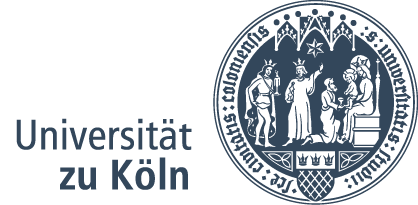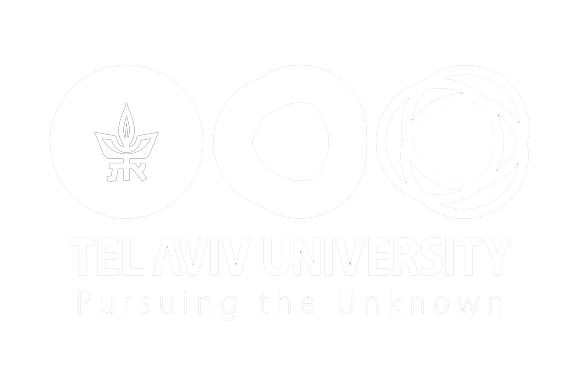de

Personen
Andreas Glöckner
Vorstandsmitglied
Publications (selection)
2023
Dorrough, A. R., Köbis, N., Irlenbusch, B., Shalvi, S., & Glöckner, A. (2023).
"Conditional Bribery: Insights from Incentivized Experiments Across 18 Nations." Proceedings of the National Academy of Sciences, 120(18), e2209731120.2021
Eriksson, K., Strimling, P., … Dorrough, A. R., Glöckner, A.,… Van Lange, P. A. M. 2021.
"Perceptions of the Appropriate Response to Norm Violation in 57 Societies." Nature Communications, 12, 1481.2020
Dorrough, A. R., Olsson, M. I. T., Fröhlich, L., Glöckner, A., & Martiny, S. E. 2020.
"Does she compensate the victim while he punishes the perpetrator? No gender differences in anonymous economic games across 11 nations.” Journal of Behavioral Decision Making.Engel, C., Timme, S., & Glöckner, A. 2020.
"Coherence-based reasoning and order effects in legal judgments.” Psychology, Public Policy, and Law, 26(3), 333–352.Koch, A., Dorrough, A. R., Glöckner, A., & Imhoff, R. 2020.
"The ABC of society: Perceived similarity in agency / socioeconomic success and conservative-progressive beliefs increases intergroup cooperation." Journal of Experimental Social Psychology.Nett, T., Dorrough, A. R., Jekel, M., & Glöckner, A. 2020.
"Perceived biological and social characteristics of a representative set of German first names." Social Psychology, 51, 17-34.2019
Dorrough, A. & Glöckner, A. 2019.
"A Cross-National Analysis of Sex Differences in Prisoner’s Dilemma Games." British Journal of Social Psychology, 58(1), 225-240.Glöckner, A. 2019.
"Der Mensch im Spannungsfeld zwischen (begrenzter) Rationalität, Eigeninteresse und Kooperation: Welches Wesen adressiert das Recht?" In A. Funke & U. Schmalke (Eds.), Menschenbilder im Recht (pp. 79-91).Tübingen: Mohr Siebeck.Glöckner, A. & Jekel, M. 2019. "Testing Cognitive Models by a Joint Analysis of Multiple Dependent Measures." In: Schulte-Mecklenbeck, M. "Handbook of Process Training."
Jekel, M., Fiedler, S., Allstadt Torras, R., Mischkowski, D., Dorrough, A. R., & Glöckner, A. 2019.
"How to teach open science principles in the undergraduate curriculum — the Hagen Cumulative Science Project." Psychology Learning & Teaching, 19(1), 91-106.Mischkowski, D., Thielmann, I., & Glöckner, A. 2019.
"Minimizing inequality versus maximizing joint gains: On the relation between personality traits and different prosocial motivations." Journal of Research in Personality, 81, 153–157.2018
Betsch, T., Lehmann, A., Jekel, M., Lindow, S. & Glöckner, A. 2018.
"Children’s Application of Decision Strategies in a Compensatory Environment." Judgment and Decision Making, 13(6), 514-528.Fiedler, S., Hellmann, D. M., Dorrough, A. R & Glöckner, A. et al. 2018.
"Cross-National In-Group Favoritism in Prosocial Behavior: Evidence from Latin and North America." Judgment and Decision Making, 13, 42-60.Glöckner, A., Kube, S. & Nicklisch, A. 2018.
The Joint Benefits of Observed and Unobserved Social Sanctions." Journal of Behavioral and Experimental Economics, 75, 105–116.Glöckner, A., Fiedler, S. Renkewitz, F. 2018.
"Belastbare und effiziente Wissenschaft: Strategische Ausrichtung von Forschungsprozessen als Weg aus der Replikationskrise." Psychologische Rundschau, 69 (1), 22-36.Jekel, M. & Glöckner, A. 2018.
"How to Identify Strategy Use and Adaptive Strategy Selection: The Crucial Role of Chance Correction in Weighted Compensatory Strategies. Journal of Behavioral Decision Making, 31, 265–279.Jekel, M. & Glöckner, A. 2018.
"Meaningful Model Comparisons Have to Include Reasonable Competing Models and Also All Data: A Rejoinder to Rieskamp (2018)." Journal of Behavioral Decision Making, 31, 289–293.Jekel, M., Glöckner, A. & Bröder, A. 2018.
"A New and Unique Prediction for Cue-Search in a Parallel-Constraint Satisfaction Network Model: The Attraction Search Effect." Psychological Review, 125(5), 744-768.Marewski, J. N., Bröder, A. & Glöckner, A. 2018.
"Some Metatheoretical Reflections on Adaptive Decision Making and the Strategy Selection Problem."Journal of Behavioral Decision Making, 31(2), 181-198.Mischkowski, D., Thielmann, I. & Glöckner, A. 2018.
"Think It Through Before Making a Choice? Processing Mode Does Not Influence Social Mindfulness." Journal of Experimental Social Psychology, 74, 85-97.Mischkowski, D., Glöckner, A., & Lewisch, P. 2018.
"From spontaneous cooperation to spontaneous punishment – Distinguishing the underlying motives driving spontaneous behavior in first and second order public good games." Organizational Behavior and Human Decision Processes, 149, 59–72.Stürmer, S., Christ, O., Jonkmann,... Glöckner, A., ... Salewski, C. 2018.
"10 Jahre universitäres Fernstudium in Psychologie an der FernUniversität in Hagen." Psychologische Rundschau, 69 (2), 104-108.Towfigh, E. V., Traxler, C. & Glöckner, A. 2018.
"Geschlechts- und Herkunftseffekte bei der Benotung juristischer Staatsprüfungen." Zeitschrift für Didaktik der Rechtswissenschaft, 5, 115-142.2017
Bouwmeester, S., Verkoeijen, P. P. J. L., Aczel, B., ... Glöckner, A., Mischkowski, D. & Wollbrandt, C. E. 2017.
"Registered Replication Report: Rand, Greene, and Nowak (2012)." Perspectives on Psychological Science, 12(3), 527-542.Bassarak, C., Leib, M., Mischkowski, D. & Strang, S., Glöckner, A. & Shalvi, S. 2017.
"What Provides Justification for Cheating—Producing or Observing Counterfactuals?" Journal of Behavioral Decision Making, 30(4), 964-975.Dorrough, A., Glöckner, A. & Lee, B. 2017.
"Race for Power in Public Good Games with Unequal, Unstable Punishment Power." Journal of Behavioral Decision Making, 30(2), 582-609.Dorrough, A. R., Glöckner, A., Betsch, T. & Wille, A. 2017.
"When Knowledge Activated from Memory Intrudes on Probabilistic Inferences from Description - the Case of Stereotypes." Acta Psychologica, 180, 64-78.2016
Ashby, N. J. S., Jekel, M., Dickert, S. & Glöckner, A. 2016.
"Finding the Right Fit: A Comparison of Process Assumptions Underlying Popular Drift-Diffusion Models." Journal of Experimental Psychology: Learning, Memory, and Cognition, 42(12), 1982-1993.Dorrough, A. R. & Glöckner, A. 2016.
"Multinational Investigation of Cross-Societal Cooperation." Proceedings of the National Academy of Sciences, 113, 10836–10841.Dorrough, A. R., Leszczyńska, M., Barreto, M. & Glöckner, A. 2016.
"Revealing Side Effects of Quota Rules on Group Cooperation." Journal of Economic Psychology, 57, 136-152.Glöckner, A. 2016.
"Psychology and Disaster: Why We Do Not See Looming Disasters and How Our Way of Thinking Causes Them." Global Policy, 7(1), 16-24.Glöckner, A. 2016.
"The Irrational Hungry Judge Effect Revisited: Simulations Reveal That the Magnitude of the Effect Is Overestimated." Judgment and Decision Making, 11(6), 601-610.Glöckner, A., Hilbig, B. E., Henninger, F. & Fiedler, S. 2016.
"The Reversed Description-Experience Gap: Disentangling Sources of Presentation Format Effects in Risky Choice." Journal of Experimental Psychology: General, 145(4), 486-508.Glöckner, A., & Towfigh, E. V. 2016.
"Messgenauigkeit und Fairness in Staatsprüfungen: Aktuelle Studien zeigen Gruppen-Unterschiede in juristischen Examina auf.” Anwaltsblatt, 10, 706–709.Hochman, G., Glöckner, A., Fiedler, S. & Ayal, S. 2016.
"’I Can See It in Your Eyes”: Biased Processing and Increased Arousal in Dishonest Responses.’" Journal of Behavioral Decision Making, 29(2-3), 322-335.Mischkowski, D., Glöckner, A. 2016.
"Spontaneous Cooperation for Prosocials, but Not for Proselfs: Social Value Orientation Moderates Spontaneous Cooperation Behavior." Scientific Reports, 6.Seithe, M., Morina, J., & Glöckner, A. 2016.
"Bonn eXperimental System (BoXS): An open-source platform for interactive experiments in psychology and economics.” Behavior Research Methods, 48, 1454–1475.Towfight, E. V., Goerg, S. J., Glöckner, A. et al. 2016.
"Do Direct-Democratic Procedures Lead to Higher Acceptance Than Political Representation? Experimental Survey Evidence from Germany." Public Choice, 167(1), 47-65.2015
Fiedler, S. & Glöckner, A. 2015.
"Attention and Moral Behavior." Current Opinion in Psychology, 6, 139-144.Glöckner, A., Tontrup, S., Bechtold, S. 2015.
"Disentangling Psychological Sources of Overpricing in Anticommons Dilemmas: Strategic Incentives, Endowment Effects, and Interdependence of Outcomes." Journal of Behavioral Decision Making, 28(3), 224-238.Glöckner, A. & Towfigh, E. V. 2015.
"Entscheidungen zwischen ’Intuition’ und ’Rationalität’." Deutsche Richterzeitung, 7/8, 14-17.Glöckner, A. & Englich, B. 2015.
"When Relevance Matters." Social Psychology, 46(1), 4-12.Morell, A., Glöckner, A. & Towfigh, E. V. 2015.
"Sticky Rebates: Loyalty Rebates Impede Rational Switching of Consumers." Journal of Competition Law & Economics, 11(2), 431-461.2014
Engel, C., Beckenkamp, M., Glöckner, A., Irlenbusch, B., Hennig-Schmidt, H., Kube, S., … Towfigh, E. 2014.
"First impressions are more important than early intervention: Qualifying Broken Windows Theory in the lab.” International Review of Law and Economics, 37, 126–136.Glöckner, A., Hilbig, B. E., & Jekel, M. 2014.
"What is adaptive about adaptive decision making? A parallel constraint satisfaction account.” Cognition, 133, 641–666.Glöckner, A., & Bröder, A. 2014.
"Cognitive integration of recognition information and additional cues in memory-based decisions.” Judgment and Decision Making, 9, 35–50.Hilbig, B. E., Glöckner, A., & Zettler, I. 2014.
"Personality and prosocial behavior: Linking basic traits and social value orientations.” Journal of Personality and Social Psychology, 107, 529–539.Jekel, M., Glöckner, A., Bröder, A., & Maydych, V. 2014.
"Approximating rationality under incomplete information: Adaptive inferences for missing cue values based on cue-discrimination.” Judgment and Decision Making, 9, 129–147.Söllner, A., Bröder, A., Glöckner, A., & Betsch, T. 2014.
"Single-process versus multiple-strategy models of decision making: Evidence from an information intrusion paradigm.” Acta Psychologica, 146, 84–96.Towfigh, E. V., Traxler, C., & Glöckner, A. 2014.
"Zur Benotung in der Examensvorbereitung und im ersten Examen: eine empirische Analyse.” Zeitschrift für Didaktik der Rechtswissenschaft, 1, 8–27.Pressemitteilungen
Ob Menschen andere bestechen oder versuchen, sie zu bestechen, hängt davon ab, aus welchem Land das Gegenüber kommt. Die eigene …
Das Netzwerk der Open Science Initiativen (NOSI) erhält den Förderpreis Psychologie der Deutschen Gesellschaft für Psychologie (DGPs). Das NOSI wurde …
In den Medien
Süddeutsche Zeitung Magazin, 29.11.2021 | Andreas Glöckner
„Intuition bezeichnet ein Gefühl, sich für eine Option entscheiden zu müssen, ohne genau zu wissen, warum. […] Das bewusste Denken ist recht anstrengend. Und es hat auch Grenzen, denn wir haben nicht die Kapazität, unendlich viele Informationen bewusst zu verarbeiten. Deswegen ist die Intuition so wichtig. […] Wir haben in verschiedenen Studien nachgewiesen, dass stereotype Effekte intuitive Entscheidungen verzerren können. […] Rollen-Modelle, also prominente Vertreter einer Gruppe, die das Gegenteil des Stereotyps beweisen und nicht so leicht ignoriert werden können, sind bei der Auflösung von Stereotypen von großer Bedeutung.“Link zum Artikel: https://sz-magazin.sueddeutsche.de/wissen/intuition-entscheidungen-psychologie-90899
ZEIT, 24.04.2020
„Corona und Kontaktverbot scheinen schon wieder fast vergessen […]. Für den Sozialpsychologen Andreas Glöckner von der Universität Köln sind Ermüdungserscheinungen nach wochenlanger Quarantäne ein Stück weit normal“Link zum Artikel: https://www.zeit.de/news/2020-04/24/vom-ermueden-der-risikowahrnehmung



